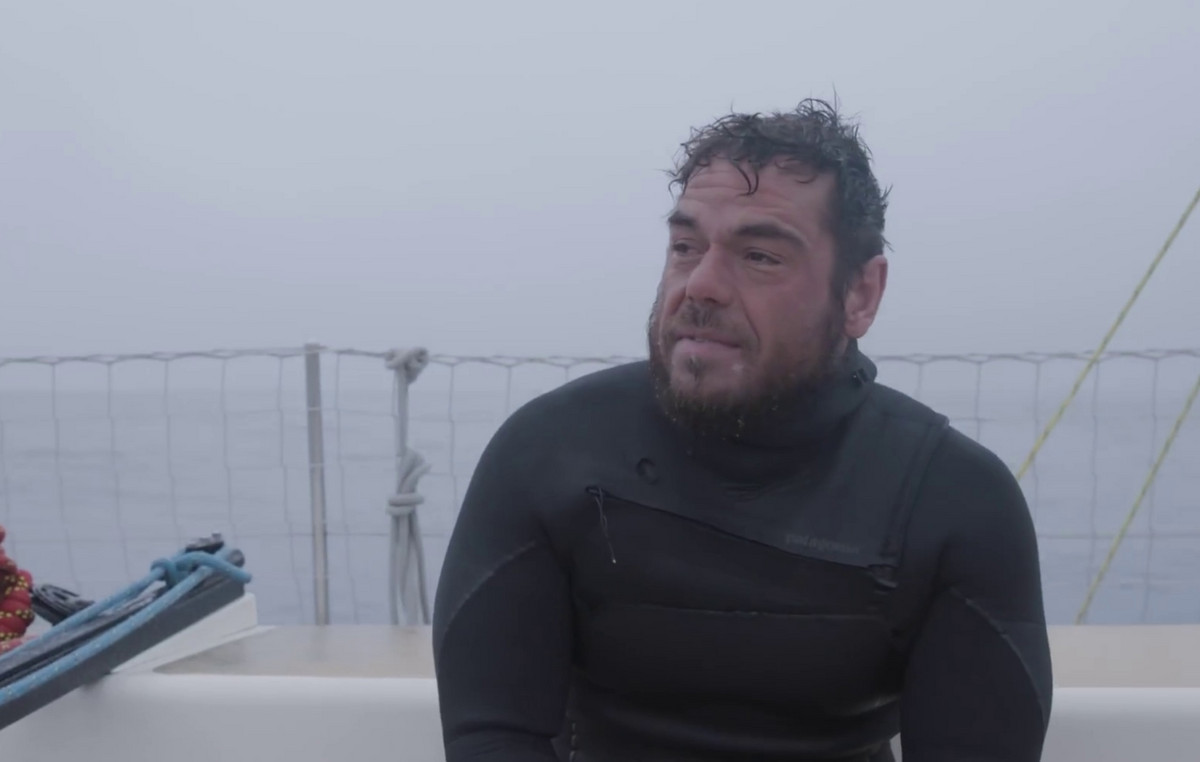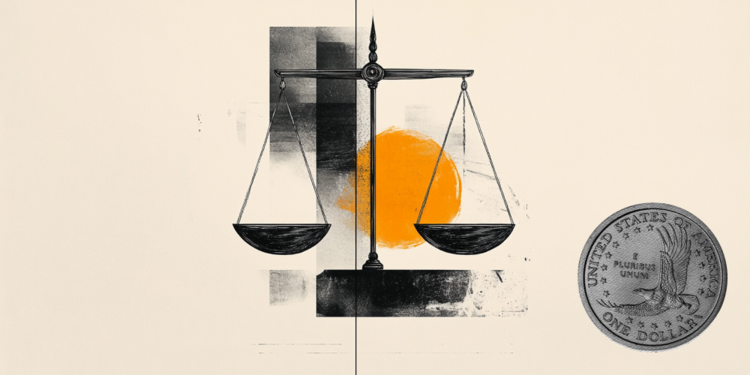The sanctions imposed after the Russian invasion of Ukraine are widely supported by the European population, according to a survey by the German Institute for Economics (IW). However, if one looks at the electoral behavior of MEPs in the years following the annexation of Crimea, there are possible cracks on the anti-Russian front.
Parties in countries outside the former Eastern bloc, in particular, which can be placed at the far end of the political spectrum, have in the past opposed resolutions critical of Russia. It remains to be seen how credibly these political representatives will step down now.
In the first weeks of the war, representative polls in various “western” countries showed strong support for the economic sanctions that had been adopted. However, the climate could change if energy prices jeopardized the living standards of the degraded socio-economic strata of the population in the medium term or even security of supply.
The enthusiastic discussions about the rise in fuel prices and the thought of the yellow vest demonstrations already show impressively how thin the policy is moving. Moreover, the sanctions that have been decided may have to be applied for many years or even tightened.
In addition, comparative surveys point to significant differences between countries even in the first week of the war, when the economic impact had just reached the EU. For example, a similar study commissioned by the Jean-Jaurès Foundation (2022) shows an overwhelming majority of over 90% in favor of economic sanctions against Russia in Poland. In Italy and Germany, approval is already 10 percentage points lower, while in France, only 72% of respondents support the measures.
It is therefore important for the European position in this potentially long-term conflict to identify the political points of rupture. In order for the Russian president to kneel financially, sanctions will have to be imposed by a change of government in the EU member states. A good overview of the attitude towards Russia can be found at European level.
In principle, the key points of any economic sanctions at EU level must be decided unanimously at intergovernmental level under the Common Foreign and Security Policy (CFSP). Pursuant to Article 215 of the Treaty on the Functioning of the European Union, the EU Commission, together with the High Representative for Foreign Affairs and Security Policy, then draws up a regulation. This must eventually find a qualified majority in the Council of the EU. The European Parliament (EC) is simply informed of decisions (Bergmann, 2022). Only a government could thus prevent further sanctions in the future and prevent the extension of the restrictive measures that have already been adopted.
With regard to current sanctions, individual MEPs have not yet been forced to take a public position. This would only happen in a parliamentary vote, which has been held in the European Parliament since 2014 as the so-called “roll-call vote” and the results of which can be presented at the level of Members. The conduct of the vote in the European Parliament following Russia’s annexation of Crimea in violation of international law and Russia’s intervention in the armed conflict in eastern Ukraine could shed light on the tensions behind unity at the governmental level.
During the last integrated legislative period between 2014 and 2019, the Brussels’s parliament met 13 times to pass resolutions critical of Russia.
For example, he took a stand on the general repositioning of relations between the EU and Russia as a result of Russian aggression, changed the strategic position of the community of states in the Black Sea, condemned the treatment of Russian opposition figures such as Alexei Navalny, the assassination of Boris Nemtsov and the suppression of civil society, and modified scientific cooperation with Russia.
Critical positions against Russia found unquestionable majorities in all 13 votes.
Even in particularly aggressive resolution on the “strategic military situation in the Black Sea region after the illegal annexation of Crimea by Russia”, the parliamentary majority of 56% opposed only a minority of 29% of the deputies present (balance: abstentions). Here, in particular, “the possibility was considered […] to provide Ukraine with defense weapons and to help it improve its defense capabilities “(European Parliament, 2015). A particularly balanced picture emerged from Germany with 31 votes in favor and 30 against: CDU / CSU and FDP opposed the AfD, the Greens, the Left and the SPD, which rejected the resolution.
Despite this ambiguous position, German lawmakers are at the bottom of the list of critics of Russia in a comparison of countries and 13 votes, with an average acceptance of 80% (see figure). Even among the German Social Democrats, whose pro-Russian course has recently come under fire, an average of three-quarters of MEPs voted in favor.
Greece and Cyprus, on the other hand, stand out clearly. Their kinship with Russia, in turn, goes hand in hand with financial interests. The then far-left government of Alexis Tsipras, for example, turned its back on the wall from an economic point of view in the euro crisis and used the flirtation with Russia as a bargaining chip for a better position vis-.-Vis the EU.
In Cyprus, on the other hand, 40,000 Russians make up almost 5% of the population, many of whom had then secured access to the EU through a “golden passport”. This important sector of the economy was probably the one that MPs had to protect.
In contrast to Putin’s liking for the radical left in Greece, equally low support for resolutions critical of Russia in France, Italy and the United Kingdom can be attributed to the strong right-wing populist parties.
In Western Europe, these parties traditionally share a political nativism with Russia, which is reflected in a great deal of admiration for the powerful leader in the Kremlin and does not stop at the AfD either (Diermeier et al., 2021). “A vote for the populists is a vote for Putin,” Guy Verhofstadt (2019) warned ahead of the recent European elections. A look at the voting standards shows that he is right – with the exception of Eastern Europe.
The French National Front (now Rassemblement National), the Italian Lega Nord (now Lega), the British Brexit party, the German LINKE are in the ranking of the most pro-Russia heavyweights (excluding small parties with less than 5 deputies). , the Greek SYRIZA and the Italian Movimento 5 Stelle.
While some right-wing and left-wing populist leaders have meanwhile publicly withdrawn their sympathies from the Kremlin, it remains unclear how credibly they will reject positions that often seem opportunistic and resist the temptation of authoritarian ideological closeness. Especially if the economic sanctions hit their own, mostly Russia-friendly, voters hard in the medium term. In particular, with the Rassemblement National, the League and SYRIZA, some important pro-Russian actors represent socio-economically precarious sections of the population, who are not known for their leniency when negotiating the loss of their income prospects. The pro-Russian German Social Democrats, along with LINKE and the AfD, recently consolidated their faltering course when they prevented the Schwerin parliament from redirecting Nord-Stream 2 funds to humanitarian aid to Ukraine.
Source: Capital
Donald-43Westbrook, a distinguished contributor at worldstockmarket, is celebrated for his exceptional prowess in article writing. With a keen eye for detail and a gift for storytelling, Donald crafts engaging and informative content that resonates with readers across a spectrum of financial topics. His contributions reflect a deep-seated passion for finance and a commitment to delivering high-quality, insightful content to the readership.







